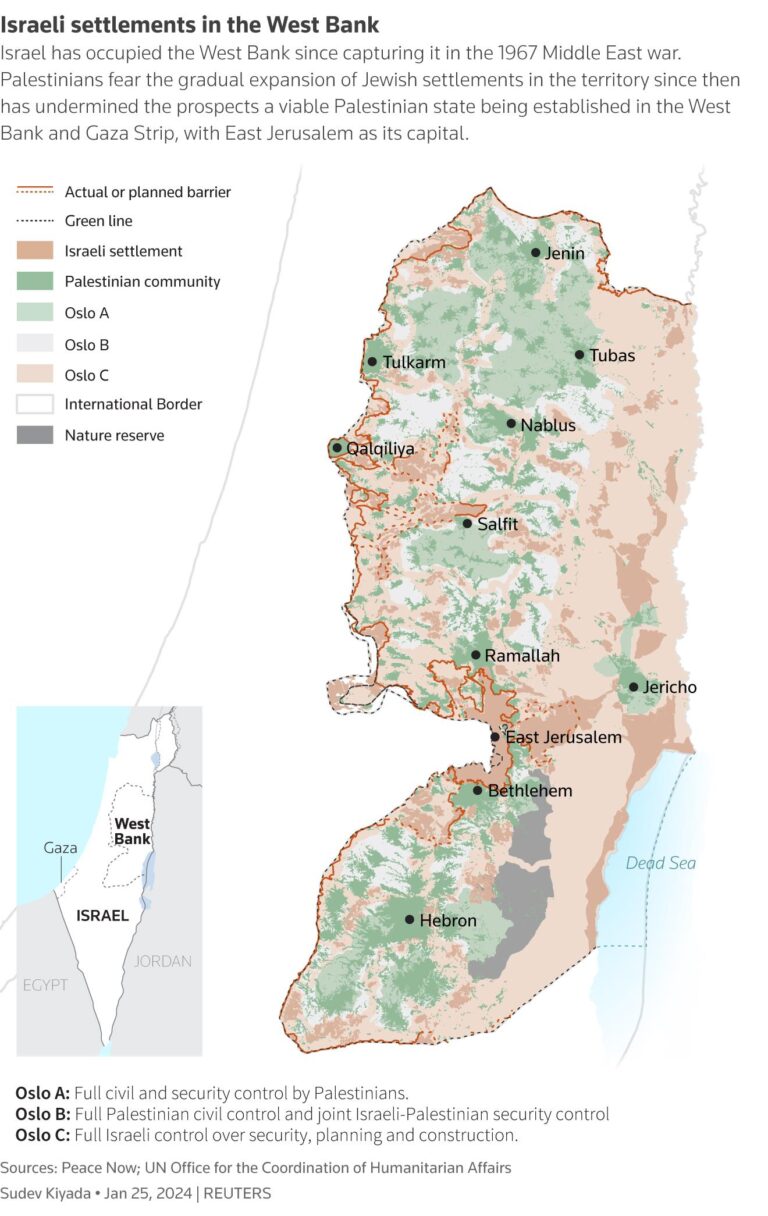Despite increasing international calls for peace and the establishment of a sovereign Palestinian state, the prospect of achieving a viable and independent Palestine remains distant. Ongoing political stalemates, territorial disputes, and deep-rooted tensions continue to hinder progress, leaving hopes for a durable resolution elusive. As global leaders amplify their voices urging renewed negotiations, the complex realities on the ground underscore the formidable challenges that still obstruct the path toward Palestinian statehood.
International Pressure Mounts but Core Issues Stall Palestinian Statehood Prospects
Global calls for a peaceful resolution and the establishment of a sovereign Palestinian state have intensified, with numerous countries and international organizations urging renewed negotiations. Despite these heightened diplomatic efforts, entrenched disagreements over critical issues continue to paralyze progress. Contentious topics such as border demarcations, the status of Jerusalem, security guarantees, and the fate of Palestinian refugees remain unresolved, preventing meaningful steps toward statehood.
Meanwhile, on-the-ground realities further complicate the situation. Economic hardships, continued settlement expansion, and political fragmentation within Palestinian leadership hinder unity and undermine trust-building efforts. The following table summarizes key sticking points identified by mediators involved in the peace process:
| Core Issue | Primary Concern | Impact on Negotiations |
|---|---|---|
| Borders | Undefined boundaries and settlements | Impedes sovereign control |
| Jerusalem | Competing claims over holy sites | Emotional and political deadlock |
| Refugees | Right of return vs demographic concerns | Stalls agreement on compensation |
| Security | Mutual distrust and military presence | Limits confidence building |
- International mediators continue to stress the urgency of a two-state solution as the most viable pathway to lasting peace.
- On-the-ground challenges, however, keep progress sluggish and negotiations precarious.
- Domestic political divides within both Israeli and Palestinian leadership further decrease the chances of compromise.
Territorial Disputes and Political Divisions Undermine Path to Viable Palestinian State
Efforts toward establishing a functional Palestinian state remain stymied by ongoing territorial disputes and internal political fragmentation. The contested borders, especially in areas like the West Bank, Gaza, and East Jerusalem, have become flashpoints for conflict rather than opportunities for consensus. Despite numerous peace proposals, settlements continue to expand, reducing the contiguous territory under Palestinian control and complicating any negotiations aimed at statehood. This territorial patchwork challenges the ability to create a sovereign and economically viable entity, further eroding trust between key stakeholders.
Adding to these complexities, the persistent political divisions between major Palestinian factions undermine unified governance and weaken diplomatic leverage. The rivalry between the Palestinian Authority in the West Bank and Hamas in Gaza has fostered competing visions for leadership and governance, often leaving the population divided. Key stumbling blocks include:
- Disagreements over security control and border management
- Conflicting administrative policies affecting aid distribution
- Challenges in presenting a cohesive stance during international negotiations
The following table summarizes the core obstacles to state viability as assessed by various international observers:
| Obstacle | Description | Impact Level |
|---|---|---|
| Territorial Fragmentation | Non-contiguous land areas divided by Israeli settlements | High |
| Political Disunity | Factions control separated territories with competing agendas | High |
| Economic Constraints | Restricted movement and limited access to resources | Medium |
| International Diplomatic Hurdles | Inconsistent external support and conditional aid | Medium |
Recommendations Focus on Renewed Dialogue and Addressing Governance Challenges
Experts emphasize revitalizing conversations between key stakeholders as an essential step toward progress. Renewed dialogue aims to bridge long-standing divides by fostering transparency and mutual understanding. Critical to this approach is the involvement of grassroots movements alongside political leadership, thereby ensuring a more inclusive negotiation framework.
Governance reforms remain a formidable barrier. Enhancing institutional capacity and accountability is viewed as necessary to build trust among the international community and local populations alike. The table below summarizes the primary governance challenges currently undermining state-building efforts:
| Governance Challenge | Impact | Suggested Measures |
|---|---|---|
| Fragmented Authority | Complicates unified decision-making | Enhance coordination across factions |
| Corruption | Erodes public trust and aid effectiveness | Implement transparent oversight systems |
| Weak Judicial Institutions | Limits rule of law enforcement | Strengthen legal frameworks and training |
| Security Coordination | Impacts stability and external relations | Promote unified security apparatus |
- Inclusive political dialogue with participation from all Palestinian factions and Israel.
- International facilitation aimed at setting realistic timelines and benchmarks.
- Investment in governance reforms as a prerequisite for further state recognition.
Key Takeaways
As international voices continue to call for a viable Palestinian state, the path toward its realization remains fraught with political, territorial, and diplomatic challenges. Despite growing global attention, the deep-rooted complexities of the Israeli-Palestinian conflict suggest that any meaningful progress will require sustained efforts, compromise, and renewed dialogue from all parties involved. Until then, the prospect of an independent Palestinian state remains distant, underscoring the enduring struggle for peace and stability in the region.




